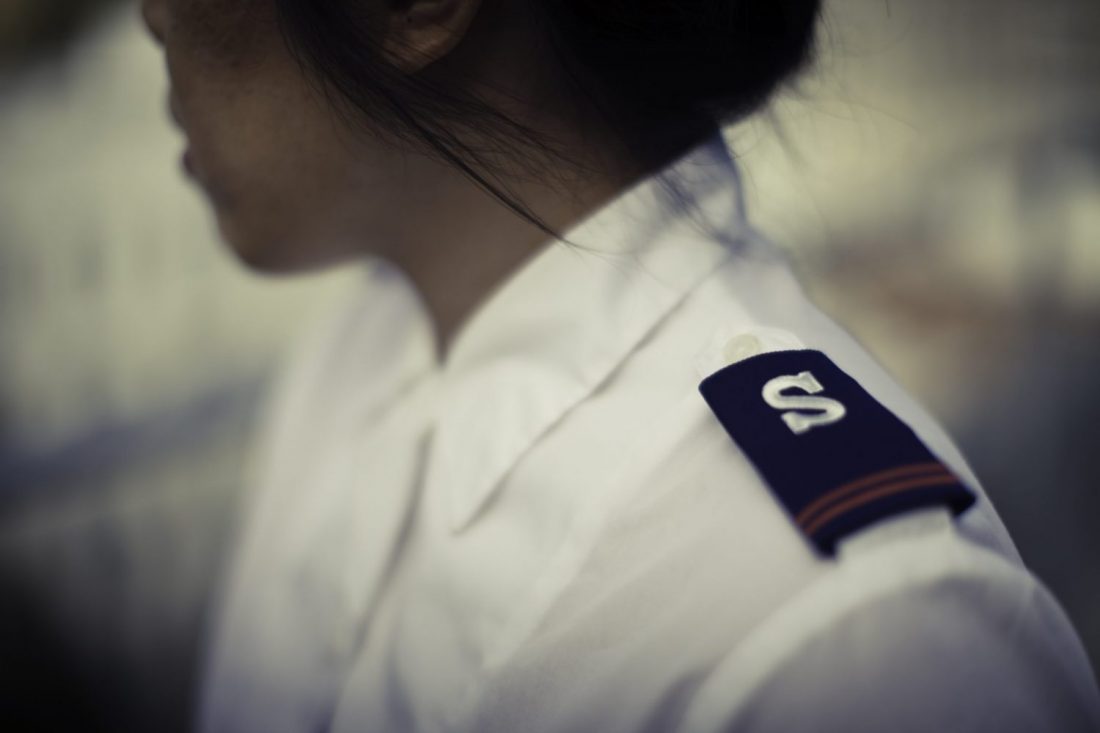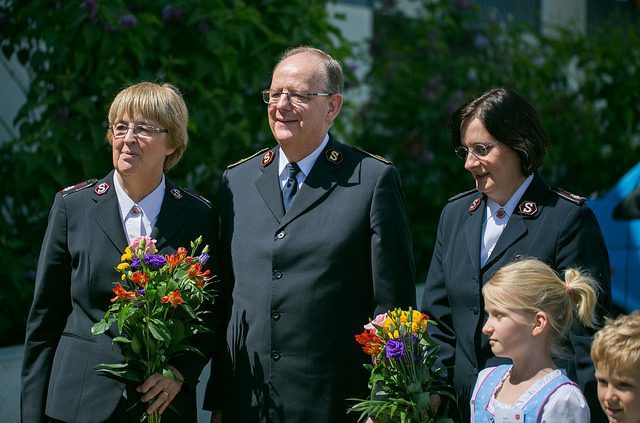By Lt. Colonel Bill Hunter –
Where does one go for new eyeglasses in Moscow? Usually, you take the down escalator–the one that leads to the stations of the Moscow Metro, the world’s largest underground mass transportation system. Once there, as you pass through the kiosks and hallway displays, you’ll find ladies wearing white jackets standing with their displays of eyewear.
For most Muscovites, new glasses don’t begin with a visit to an optometrist in a nearby shopping center. Instead, people go to these underground kiosks and try on different pairs of glasses, squinting up and down the hallways, until something workable is found. A pair of these glasses usually runs 120,000 rubles, about $21 US. That can be a problem for the elderly, whose pension income runs 80,000 rubles monthly, especially when the government has not paid the pensions for 18 months. Getting glasses is even more of a problem if a person is held in one of Russia’s many prisons, where there is no income and no optical care is available. Don’t even think about glasses for the homeless in Russia.
So, when Lt. Colonel Barbara Hunter began to hear of the difficulties faced by Russians in need of eyewear, the thought of spare eyeglasses sitting in drawers and cupboards in the United States quickly suggested a practical ministry possibility.
Through the wonders of Internet communication, contact was made with Colonel Joy Church to explore the possibility that the Medical Fellowship of the Western Territory might take up the challenge of collecting discarded eyeglasses.
In a few months, several boxes of eyewear arrived via Helsinki, Finland for distribution in St. Petersburg and Moscow. The results, well…the only way to say it, were eye opening.
A/Captain Evelyn LaBatte is responsible for the station ministry in Moscow, a work that is concerned with caring for the large homeless population. She has shared of her experience with a young man who requested a pair of eyeglasses for his ill mother, He told the Captain his mother had been bedridden for some time and was unable to read because she had no glasses. LaBatte provided a pair, and was assured by the young man that he would return them if they were of no help to his mother. The next day, he brought the following note:
Dear woman,
Thank you for the spectacles. I do not know if you can understand my English or not. It is very broken. I need spectacles for reading. I am a retired teacher on pension. I am Armenian from Yerekan. I have had an unhappy life and am very ill. My boy was pleased meet you and told me a great deal about your work. I would like to meet you, too.
Ruzanna Movsesyan
Mikhail (Misha) Gavrilov is the Corps Sergeant Major at the Moscow Central Corps and takes time weekly from his job as graphic artist for Vestnik Spacenia, the Russian-language War Cry, to minister to inmates at the Butirskaya Prison.
Being arrested in Moscow is often a violent experience and prisoners sometimes have their eyeglasses broken as a result of rough handling. Others are unable to read in the prison without glasses because of poor lighting. Misha has been able to supply inmates with replacement eye wear that permit them to read the Bibles, tracts and other publications distributed by various Christian ministries. Gavriloz regularly conducts Bible classes in the prison with attendances as large as 25. He asks, “How can I teach these men and boys to read God’s Word if they can’t see?”
(Ed. note: As of this date over 3,500 pair of eyeglasses have been sent to Russia.)












